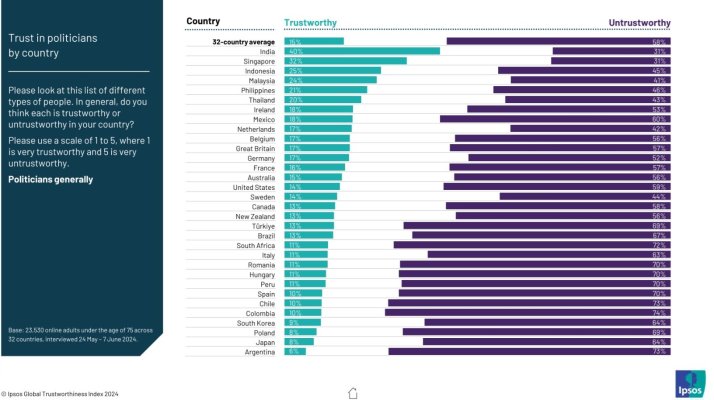In 1959 the Marxist scholar Eric Hobsbawm introduced the concept of “
social banditry” into the historical and sociological lexicon. Social bandits were sometimes fictional, sometimes real figures who operated outside of the law and were widely revered for their efforts to mete out justice in an unjust world — like Robin Hood, the legendary English outlaw who lived in Sherwood Forest and, with his band of Merry Men, “stole from the rich and gave to the poor.”
Hobsbawm’s theory, which historians continue to debate, rested on a fairly specific Marxian analysis of power and economic relationships in agrarian societies, with bandits (or the idea of bandits) providing a form of resistance in the face of rampant inequality. But such characters transcended different geographies and times, ranging from the fictional Robin Hood in 14th century England, to brutally violent, real-life outlaws like Jesse James and Billy the Kid in the post-Civil War era United States, to Pancho Villa in early 20th century Mexico.










